Program
Opening speech (13:00-13:10)
13:00-13:05
Tatsuya Okubo (Dean, Grad. School of Engineering, UTokyo)
13:05-13:10
Takeshi Fukuda (Director, IBM Research - Tokyo)
Plenary talks (13:10-14:30) Chair: Akira Hirose
13:10-13:50
Spike Narayan
(Director, Physical Science, S&T, IBM Research - Almaden)
"Brain Inspired Approach to AI - A Hardware Perspective. IBM Research - Almaden"
13:50-14:30
Masatoshi Ishikawa
(Dean, Grad. School of Information Sci. and Tech., UTokyo)
"Dynamic Intelligent System Using High-speed Vision and Its Applications"
Invited talks (14:45-16:45) Chair: Daiju Nakano
14:45-15:15
Hiroyuki Akinaga1 and Tetsuya Asai
2
(
1 AIST,
2 Hokkaido Univ.)
"AI Hard- and Soft- Synchronized Developments"
15:15-15:45
Ferdinand Peper
(CiNET)
"Neuromorphic Sensor Networks: Towards an Internet of Everythings?"
15:45-16:15
Hirokazu Takahashi
(RCAST, UTokyo)
"Cortical systems as spontaneously active reservoir"
16:15-16:45
Takayuki Osogami
(IBM Research - Tokyo)
"Time-series learning with dynamic Boltzmann machines"
Joint Study Update (17:00-18:00)
17:00-17:15
Gouhei Tanaka (UTokyo)
17:15-17:30
Toshiyuki Yamane (IBM Research - Tokyo)
17:30-17:45
Seiji Takeda (IBM Research - Tokyo)
17:45-18:00
Ryosho Nakane (UTokyo)
Poster presentations & Discussions (18:00-20:00)
Closing remark
Plenary speakers
 Spike Narayan (IBM Research - Almaden)
Spike Narayan (IBM Research - Almaden)
Dr. Chandrasekhar (Spike) Narayan is presently the Research Division Executive responsible for Science and Technology at IBM Research - Almaden in San Jose, California. He drives both fundamental and applied research and is a leader in managing innovation for the division. Research topics include nanoscale science and engineering, advanced materials development, computation and characterization, storage technologies and materials discovery. More recently, he is focusing on AI hardware and the role of physical sciences in the future of IT.
Previously, Dr. Narayan has held several research and management positions in IBM at both Almaden and Watson Research Laboratories and has received many awards for his technical contributions. In addition, he is a Master Inventor within IBM Research and has over 50 US Patents to his credit and is a Member of IBM's Academy of Technology.
Dr. Narayan earned a PhD in Metallurgy and Materials Engineering from Lehigh University, USA.
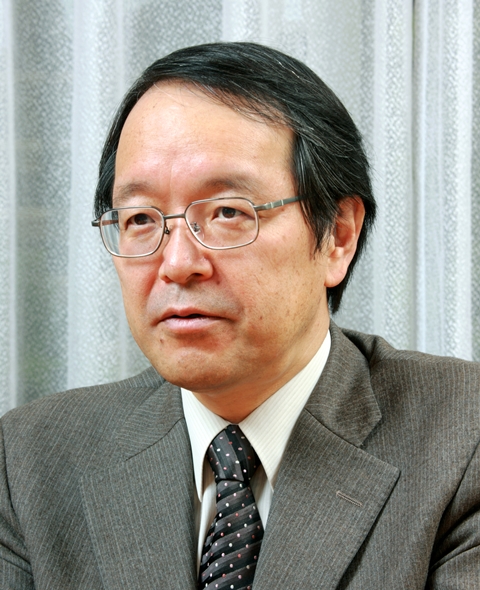 Masatoshi Ishikawa (The University of Tokyo)
Masatoshi Ishikawa (The University of Tokyo)
Masatoshi Ishikawa received the B.E., M.E., and Dr. Eng. degrees in
mathematical engineering and information physics from the University
of Tokyo, Japan, in 1977, 1979, and 1988, respectively. After he worked
at Industrial Products Research Institute, Tsukuba, Japan, he was an
associate professor with the Department of Mathematical Engineering
and Information Physics, the University of Tokyo from 1989 to 1999,
where, from 1999 to 2001, he was a professor. He was an executive
adviser to the president, a vice-president, and an executive vice-president
of the University of Tokyo, from 2004 to 2005, from 2004 to 2005, and
from 2005 to 2006, respectively. Since 2001, he has been a professor
of information physics and creative informatics at the University of Tokyo.
His current research interests include robotics, sensor fusion, high speed
vision, visual feedback, dynamic image control, and active perception.
Invited speakers
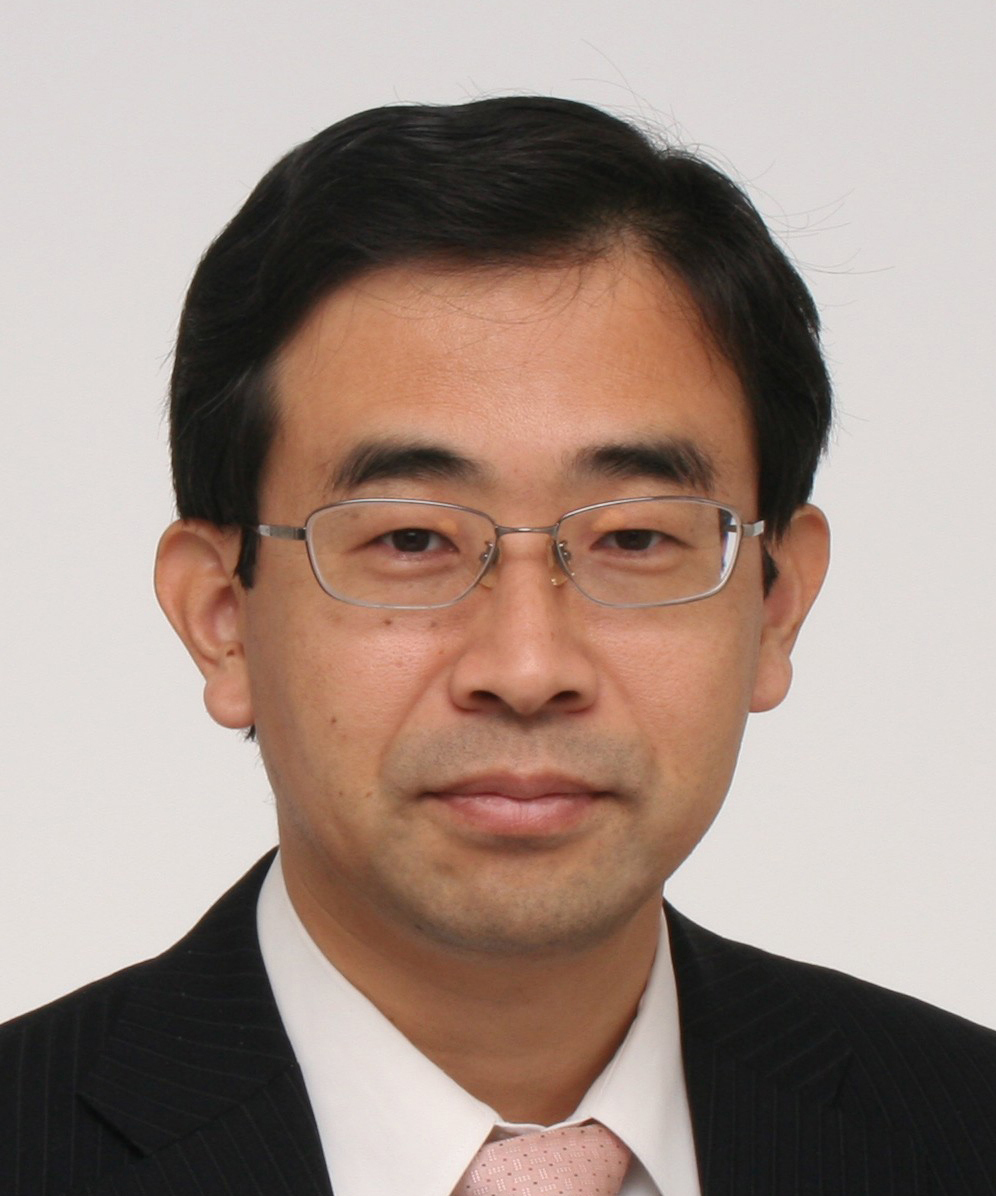 Hiroyuki Akinaga (AIST)
Hiroyuki Akinaga (AIST)
Hiroyuki (Hiro) Akinaga was born in Tokyo, Japan, on June 27th, 1964. He received the B.E., M.E. and Ph. D. degrees from the University of Tsukuba, Ibaraki, Japan, in 1987, 1989 and 1992, respectively. From 1992 to 2002, he was a Research Scientist at the Joint Research Center for Atom Technology of National Institute of Advanced Industrial Science and Technology (AIST), Ibaraki, Japan. From 1997 to 1998, he was a Visiting Scientist at Imec, Leuven, Belgium. He was appointed to a professorship in the University of Tokyo (2001), Tokyo Institute of Technology (2002-2004), and Osaka University (2008, 2010). Currently, he is Principal Research Manager, Nanoelectronics Research Institute, AIST. He is also a Convener, TC113 (Nanotechnology standardization for electrical and electronic products and systems), International Electrotechnical Commission (IEC), a project PI of "Research and Development of Artificial Neural Network system for Inference" of New Energy and Industrial Technology Development Organization (NEDO) and a Deputy Research Supervisor of Strategic Basic Research Programs, “Scientific Innovation for Energy Harvesting Technology”, of Japan Science and Technology Agency (JST). His current interests include Nano-electronics and Open innovation platform.
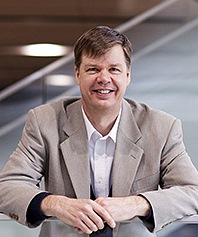 Ferdinand Peper (CiNET)
Ferdinand Peper (CiNET)
Ferdinand Peper received his M.Sc. degree in Mathematics from Delft University
of Technology in 1985 and his Ph.D. degree in Computer Science from the same
university in 1989. He joined the National Institute of Information and Communications
Technology (NICT) (then still named Communications Research Laboratory (CRL))
as a STA fellow in 1990. He is currently Associate Director of the Neural Information
Engineering Laboratory at NICT. His main research interests are nanocomputer
architectures, noise-based computing, cellular automata, neuro-inspired information
processing, and wireless sensor networks.
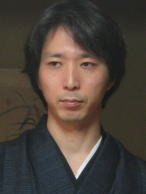 Hirokazu Takahashi (RCAST, University of Tokyo)
Hirokazu Takahashi (RCAST, University of Tokyo)
Hirokazu Takahashi was born in Sendai, Japan, in 1975. He received B.S., M.S., and Ph.D. degrees in mechanical engineering from the University of Tokyo, Tokyo, Japan, in 1998, 2000, and 2003, respectively. After working as a research associate in Department of Engineering Synthesis, the University of Tokyo, he has joined Department of Mechano-Informatics, the Graduate School of Information Science and Technology, the University of Tokyo, as an assistant professor since 2004. In 2006, he has joined the Research Center for Advanced Science and Technology. His current research interests include areas of biomedical engineering ranging from rehabilitation engineering for restoring lost functions to experimental neurophysiology for understanding fundamental brain functions.
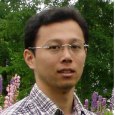 Takayuki Osogami (IBM Research - Tokyo)
Takayuki Osogami (IBM Research - Tokyo)
Takayuki Osogami is a research staff member at IBM Research - Tokyo. He is currently a group leader of a governmental project supported by CREST, Japan Science and Technology Agency. His group is developing "technologies for optimizing decision making to create values from deep knowledge" as a part of Advanced Core Technologies for Big Data Integration. He develops and applies theory of deep sequential decision making, where a machine learns the individual characteristics of humans for better interaction. He received his Ph.D. in Computer Science from Carnegie Mellon University in August 2005, and a B.Eng. degree in Electronic Engineering from the University of Tokyo in 1998.





